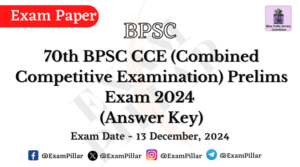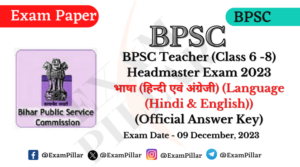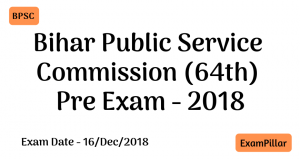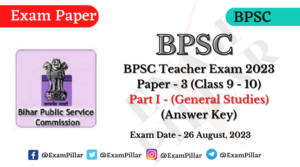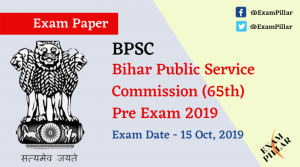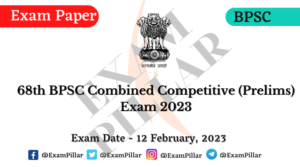61. Which word in the extract is closest in meaning to the phrase ‘whips around’?
(A) Whirling
(B) Hover
(C) Blows
(D) More than one of the above
(E) None of the above
Show Answer/Hide
62. Why is the narrator described as ‘chirpy’?
(A) As she chirps like a bird
(B) As she is cheerful
(C) As she is ill-tempered
(D) More than one of the above
(E) None of the above
Show Answer/Hide
63. What memories did the song bring back to the narrator and the listeners?
(A) Anniversary of that dreadful Sunday
(B) Death anniversary of Apenyo
(C) An incidence of violence
(D) More than one of the above
(E) None of the above
Show Answer/Hide
64. Why is that particular day referred to as ‘Black Sunday’?
(A) Death of Apenyo and atrocities suffered by the villagers on a certain Sunday
(B) Religious associations with the crucifixion of Lord Jesus Christ
(C) Atrocities suffered by the villagers on a certain Sunday
(D) More than one of the above
(E) None of the above
Show Answer/Hide
65. Why do you think the narrator ‘squats on the bare earth’?
(A) She was too poor to have furniture
(B) She didn’t like sitting on stools and chairs
(C) It was a common way of sitting by the village folk of Nagaland
(D) More than one of the above
(E) None of the above
Show Answer/Hide
Directions (Q. Nos. 66 to 75) : Read each of the following sentences to find out whether there is an error or errors in any underlined part(s). If you feel that there is no error in a sentence, write (E) to signify ‘None of the above’.
66.
(A) Distribute these
(B) mangoes between all
(C) the fifty students.
(D) More than one of the above
(E) None of the above
Show Answer/Hide
67.
(A) Unless you don’t
(B) work hard,
(C) you can’t get success.
(D) More than one of the above
(E) None of the above
Show Answer/Hide
68.
(A) Start early,
(B) lest you should
(C) miss the train.
(D) More than one of the above
(E) None of the above
Show Answer/Hide
69.
(A) He talked
(B) as if he
(C) was a mad.
(D) More than one of the above
(E) None of the above
Show Answer/Hide
70.
(A) My watch,
(B) which was damaged
(C) is now useless.
(D) More than one of the above
(E) None of the above
Show Answer/Hide
71.
(A) She ought
(B) to have obey
(C) her parents.
(D) More than one of the above
(E) None of the above
Show Answer/Hide
72.
(A) You will get wet
(B) if you will
(C) go out in the rain.
(D) More than one of the above
(E) None of the above
Show Answer/Hide
73.
(A) He is one
(B) of greatest
(C) leader of my country.
(D) More than one of the above
(E) None of the above
Show Answer/Hide
74.
(A) Neither you
(B) nor he
(C) are guilty.
(D) More than one of the above
(E) None of the above
Show Answer/Hide
75.
(A) Neither of the
(B) three pens
(C) will do.
(D) More than one of the above
(E) None of the above
Show Answer/Hide
76. She ________ alone in the city for almost a decade now. (Use past perfect continuous)
(A) has been living
(B) had been living
(C) was living
(D) More than one of the above
(E) None of the above
Show Answer/Hide
77. He fled where his pursuers could not follow. The underlined section is
(A) an adjective clause
(B) an adverb clause
(C) an adverb phrase
(D) More than one of the above
(E) None of the above
Show Answer/Hide
78. The umbrella with a wooden handle is mine. (Identify the correct clause/phrase for the underlined part)
(A) An adjective clause
(B) An adverb clause
(C) An adverb phrase
(D) More than one of the above
(E) None of the above
Show Answer/Hide
79. I have some duties. I must perform them. (Use an infinitive to join the sentences)
(A) I must perform the duties that I have.
(B) I must perform some of the duties that I have.
(C) I have some duties to perform.
(D) More than one of the above
(E) None of the above
Show Answer/Hide
80. He deserved to succeed. He failed. (Use an adverb or an adverbial phrase to join the sentences)
(A) He deserved to succeed but he failed.
(B) He failed undeservedly.
(C) He failed though he deserved to succeed.
(D) More than one of the above
(E) None of the above
Show Answer/Hide


